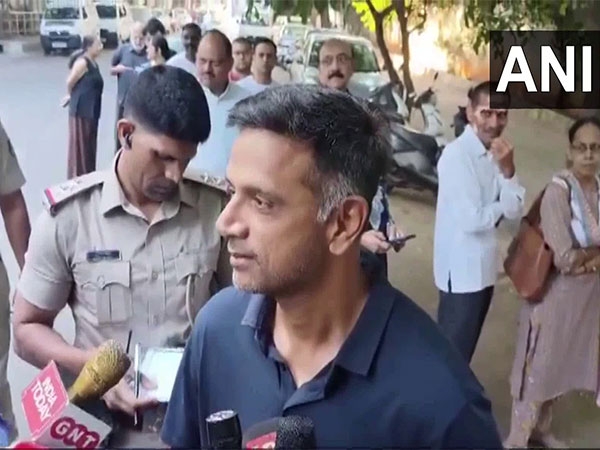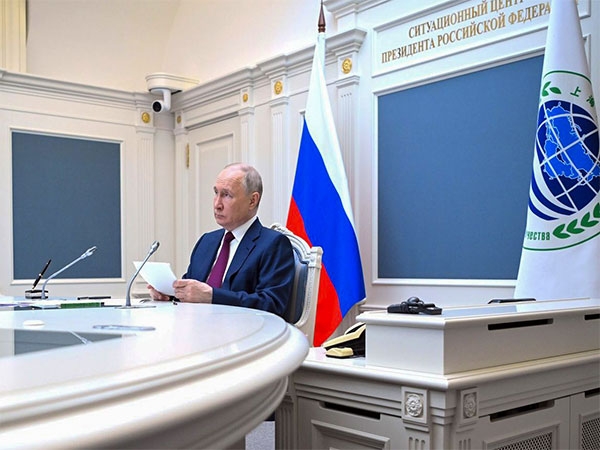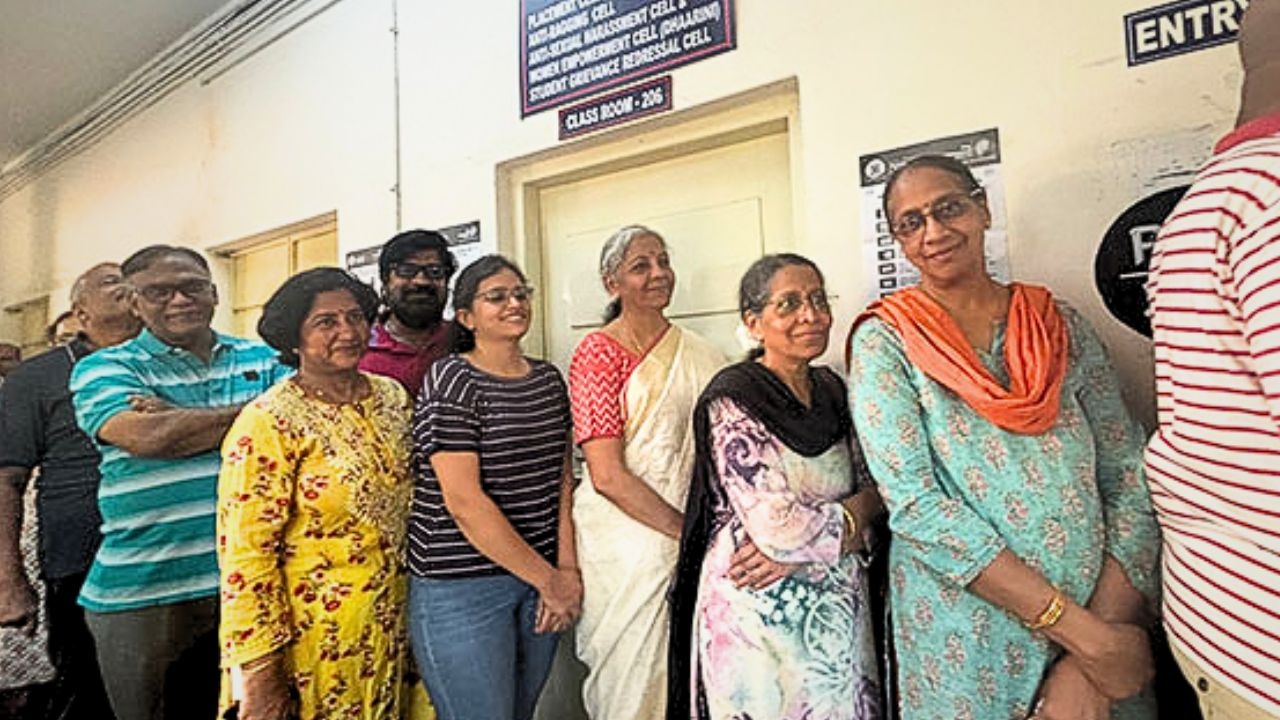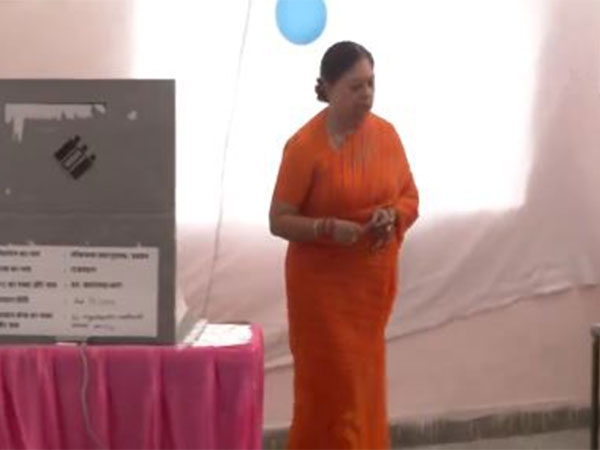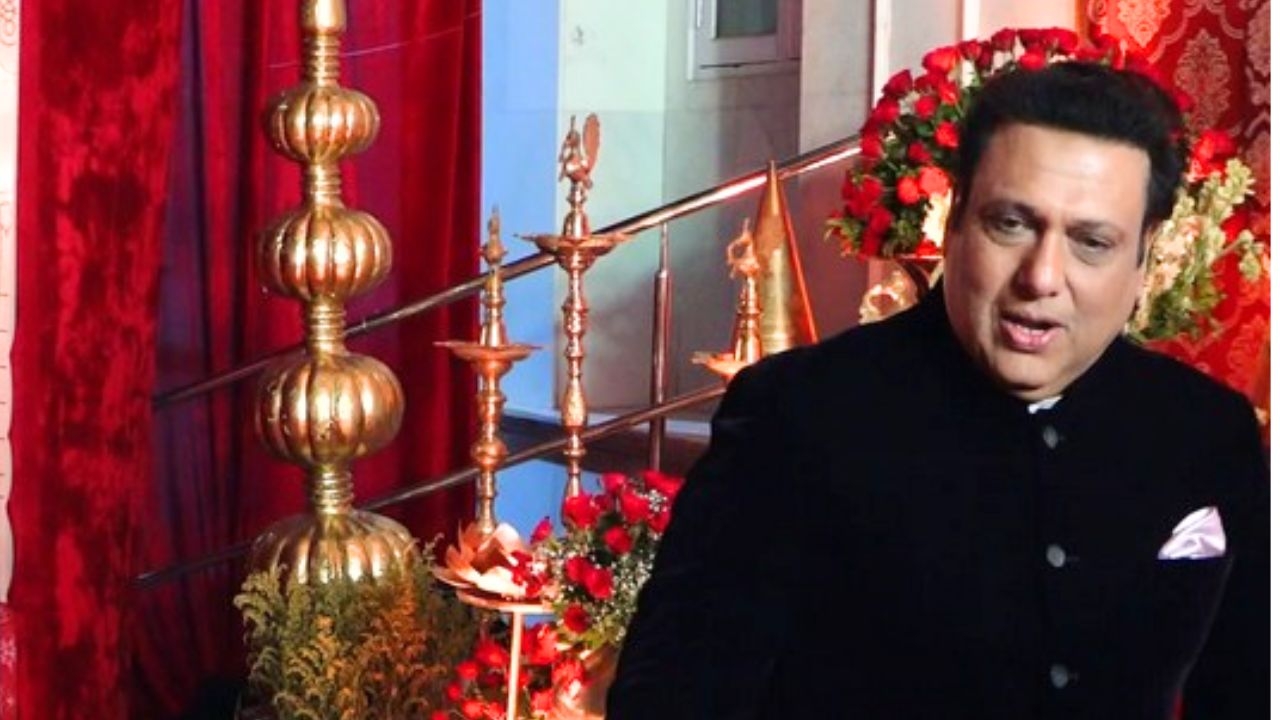Why India should slap a red corner notice on the Saudi diplomat
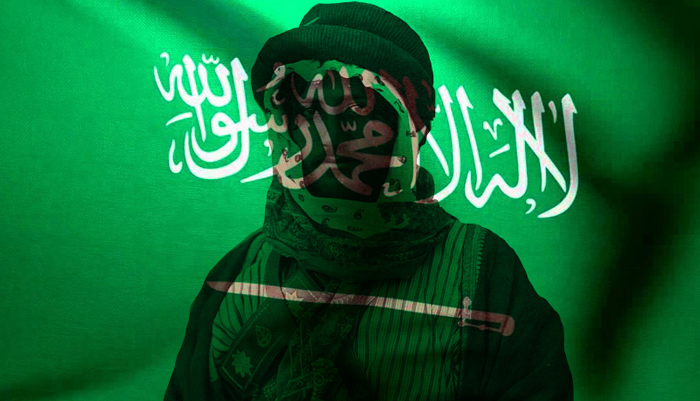
There are many aspects to the two Nepalese women's rape case against their Saudi Arabian diplomat employer. None though is as important as the Indian state's effort to ensure that justice is done to them.
The Vienna Convention of 1961 does afford diplomats immunity, but it does not rob a state of its capability to pursue the course of justice.
Read more: What happened at the Saudi diplomat's house: shocking first-person account
Relations between nations can't be preserved at the cost of the honour and dignity of women. The sensitivities of a diplomat's country should indeed be respected but it would be perverse to think that protecting an alleged rapist would prevent any nation's reputation from being blemished.
These are the considerations that should govern India's approach to this case, even after the Saudi diplomat has left the country.
The Vienna Convention doesn't prevent a state pursuing the course of justice, says Vivek Katju
This is not a matter in which India ought to balance its relations with Nepal and Saudi Arabia.
The simple fact is that heinous crimes were allegedly committed against two women on Indian soil; nationalities of the alleged victims or perpetrators are of little consequence. Criminal offence statutes do not take nationalities into account; the focus has to be on the crime, not nationalities.
No free pass
The Vienna Convention applies to accredited agents of the state as in this case. It's an instrument meant to ensure that the conduct of global diplomacy is smooth and not hampered by threats against diplomats. On the whole, it has worked well and should not be tinkered with.
The convention prescribes that diplomats must follow the laws of the nations they are posted to. The immunity it grants isn't a licence to violate the laws.
More important, the immunity is functional. It exists so long as the person holds a diplomatic office. Once he vacates the office, the person is subject to the host nation's laws even if the acts were committed while he was in office.
So, the Indian law enforcement agencies can now act against the Saudi diplomat as they would against any criminal who is not in India.
Read more: How India & Saudi Arabia can handle the diplomatic hot potato of Gurgaon rape charges
Also, the Vienna Convention does not bar investigations. The probe in this case, therefore, must go on and given the gravity of the charges, it should be handed over to the CBI. This would also be appropriate as the Saudis have claimed that the Haryana police had violated the convention by intruding into the diplomat's apartment.
If the police had indeed acted inappropriately, India should express regret and take disciplinary action against the erring officers. That, however, won't mitigate the offence.
The diplomat's absence will be a handicap in the probe, but the police have made headway in numerous investigations despite the absence of the alleged perpetrator.
Follow through
Many people have sought to draw a parallel between this case and Devyani Khobragade's. But unlike the US authorities that virtually conspired against the Indian deputy consul general and treated her shamefully, the Haryana police did not arrest or manhandle the Saudi diplomat or his family. Besides, the nature of their alleged crimes was completely different.
The Nepalese women have alleged that the diplomat got his friends to rape them as well. It's not known who they were, but it's reasonable to conclude that not all of them enjoyed diplomatic immunity.
Vivek Katju: Devyani Khobragade was treated shamefully; the Saudi diplomat wasn't manhandled
A thorough investigation can unmask them, however. They must feel the full weight of the law whether they are Indians or foreigners. Any details about them that won't harm the probe should be made public to satisfy the people that the authorities are giving this case the significance it deserves.
In some cases, after a diplomat is recalled for allegedly committing crimes, his nation asks the host for material evidence to see if he can be prosecuted. Given the nature of the Saudi system however, it's unlikely they will do so in this case.
Even if they do, it would be preferable to pursue the case through the Indian legal system, especially since it may involve Indians as well. If the authorities conclude that the Saudi diplomat has to be brought before an Indian court, they should issue a red corner notice without hesitation.


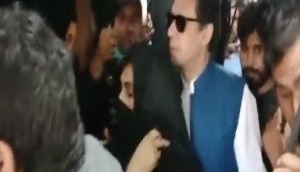


_251371_300x172.jpg)
![BJP's Kapil Mishra recreates Shankar Mahadevan’s ‘Breathless’ song to highlight Delhi pollution [WATCH] BJP's Kapil Mishra recreates Shankar Mahadevan’s ‘Breathless’ song to highlight Delhi pollution [WATCH]](http://images.catchnews.com/upload/2022/11/03/kapil-mishra_240884_300x172.png)

![Anupam Kher shares pictures of his toned body on 67th birthday [MUST SEE] Anupam Kher shares pictures of his toned body on 67th birthday [MUST SEE]](http://images.catchnews.com/upload/2022/03/07/Anupam_kher_231145_300x172.jpg)


